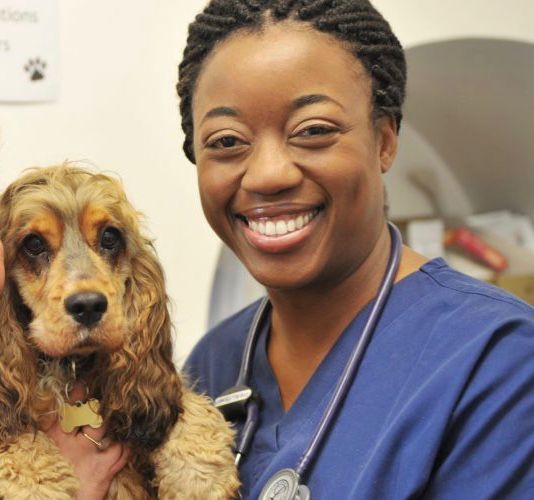What is the appeal of working in ECC? And what are the challenges?
You get to learn so much and it’s great for growth and development, both personally and in your career. You’re dealing with urgent cases, and you learn how to control your emotions in your approach to people and patients. There are no scheduled appointments in ECC, and you can see anything from something fairly simple to a catastrophic blue light emergency.
So, part of the appeal is becoming that person who can deal with any emergency. And in a female-dominated profession, there is also the appeal of it working around the family. If you have young children, this is the ideal job as you can be with them when they need you. I guess the unknown can be a challenge for some, as can full time hours.



